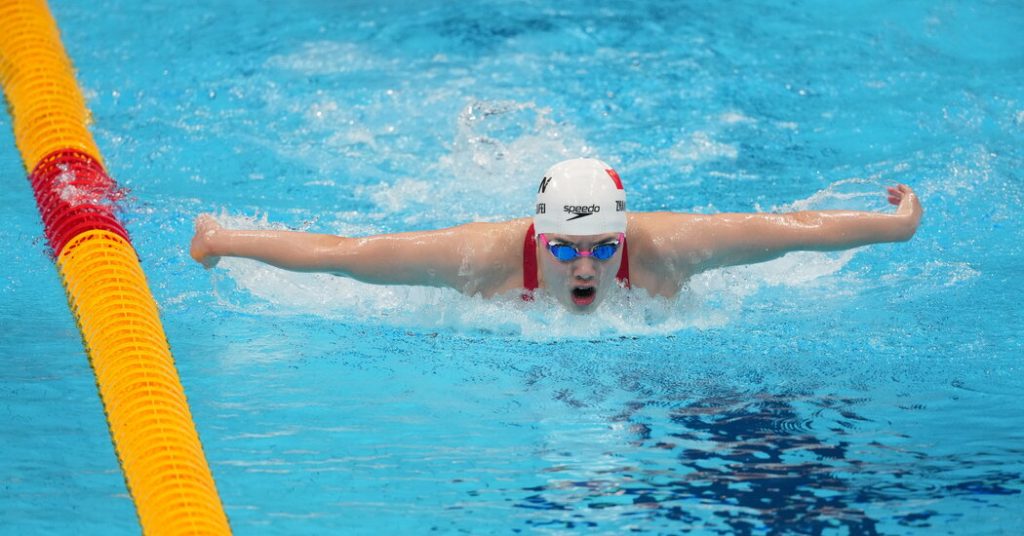The revelation that 23 Chinese swimmers tested positive for a banned drug but were secretly cleared and allowed to continue competing has brought new criticism of the global authority that oversees drug-testing. The incident, uncovered by a New York Times investigation, occurred shortly before the Tokyo Olympics. The news sparked strong reactions from athletes, coaches, and officials, with many expressing concerns about the integrity of competitions and the impact on clean athletes. The fallout from this revelation has put a spotlight on the issue of doping in elite sports and the need for transparency and accountability in the drug-testing process.
The disclosure of the positive tests has reignited a feud between officials at the World Anti-Doping Agency (WADA) and their U.S. counterparts, with both sides exchanging caustic statements and legal threats. The handling of the Chinese swimmers’ positive tests has raised questions about the effectiveness of antidoping regulations and the need for a more rigorous and transparent process to ensure fair play. The revelation has also cast a shadow over the upcoming Paris Olympics, with concerns about the credibility of the medals awarded and the impact on athletes who compete clean.
China’s antidoping agency, Chinada, defended the swimmers, claiming they had ingested the banned substance unwittingly in tiny amounts. WADA declined to impose suspensions or disqualifications, citing a lack of credible evidence to challenge China’s version of events. The fight over the Chinese positives has highlighted the need for a more consistent and transparent approach to handling positive tests and ensuring that all athletes are held to the same standards when it comes to doping violations.
The fallout from the Chinese swimmers’ positive tests has had a personal impact on those involved, with athletes like Paige Madden expressing disappointment and frustration at the handling of the doping case. Questions have been raised about the validity of medals awarded to Chinese swimmers who tested positive for banned substances, with calls for a reallocation of medals and a lifetime ban for the swimmers involved. The revelation has also sparked a debate about the ethical and moral implications of doping in sports and the need for a more robust antidoping regime.
The public feud between world antidoping officials and their American counterparts has further fueled tensions within the sport. WADA’s threat of legal action against the chief executive of the U.S. Anti-Doping Agency, Travis T. Tygart, has escalated the dispute, with both sides accusing each other of undermining efforts to protect clean sport. The back and forth between the two organizations has exposed a longstanding feud and highlighted the need for greater cooperation and collaboration in the fight against doping in sports. The handling of the Chinese swimmers’ positive tests has brought the issue of doping to the forefront and sparked a debate about the need for a more transparent and accountable antidoping system.
Despite the controversy surrounding the Chinese swimmers’ positive tests, it remains unclear what actions will be taken next. WADA and Chinada have defended their handling of the case, emphasizing that they followed all applicable rules and regulations in investigating the positive tests. World Aquatics, the organization that governs swimming internationally, has also expressed confidence in the way the positive tests were handled. As China’s best swimmers continue to compete in Olympic trials, the fallout from the positive tests and the ensuing debate over doping in sports is likely to have far-reaching implications for the future of elite competition.


